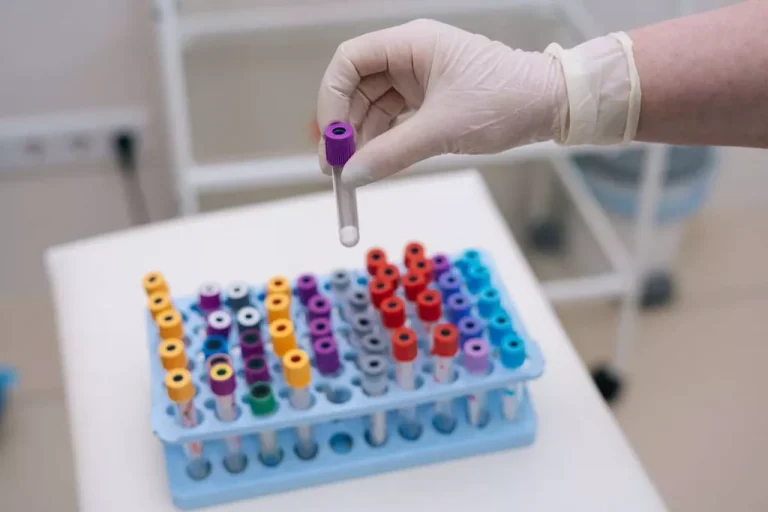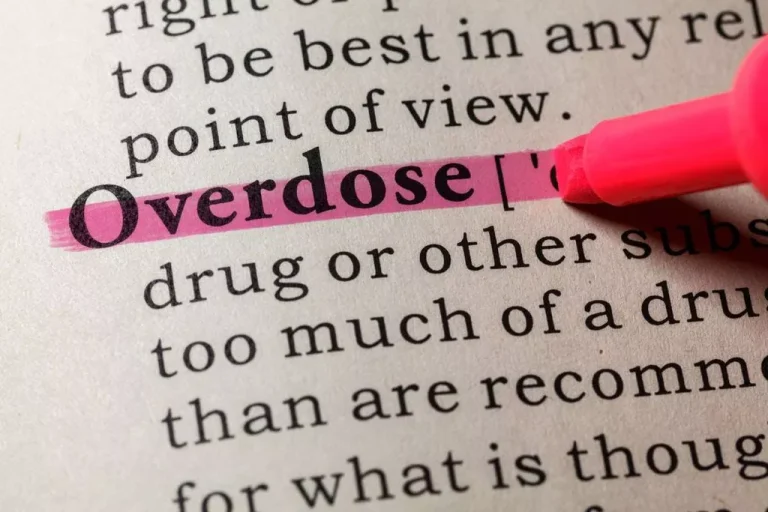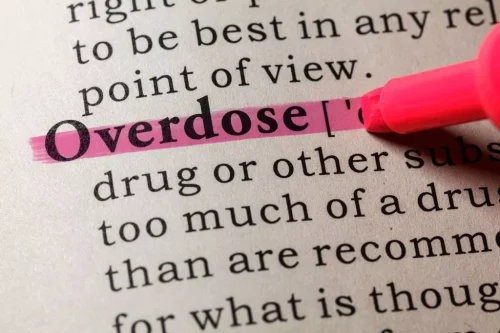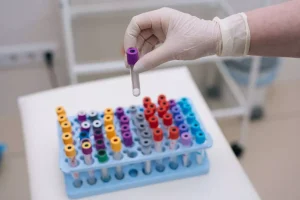End-Stage Alcoholism: Signs, Symptoms, Management

No matter what stage our guests enter treatment, we strive to meet them right where they are. Explore drug detox to get free from addiction through holistic approaches and effective rehabilitation strategies. Discover “what is rehab?” and explore the journey from addiction Halfway house to freedom through personalized therapy options. Explore inpatient rehab Kansas options for effective recovery and supportive environments tailored to your needs. Explore if teen substance use is normal, its impact, and strategies for prevention and intervention.
Noticing 8 Signs of a Loved One Suffering Addiction to Prescription Painkillers

Research has shown that long-term alcohol misuse can have a lasting impact on the brain, although some areas may recover with abstinence. The most serious effect is Korsakoff’s syndrome, characterized in part by an inability to remember recent events or to learn new information. Chronic, long-term drinking can contribute to malnutrition by replacing foods needed for essential nutrients and by interfering with absorption, storage, or metabolism of the essential why do some alcoholics live so long nutrients.
- Late-stage alcoholics can get better if they seek treatment, and some of their health problems can even be reversed if caught early enough.
- Authors of the Lancet study said their findings backed up the new guidelines and also said they did not find an increased risk of death for light drinkers.
- We live in a reductionist age, in which every longitudinal effect is explained away at the most fundamental possible level.
- These findings highlight the significant role that genetics play not just in the risk of developing alcoholism, but also in the way our bodies process alcohol.
- Taking a break from alcohol and replacing it with eating healthy food and drinking a lot of water can significantly boost your immunity.
About Medical News Today

The safest course of action is to seek treatment in a professional environment that is catered to the individual needs, preferably with holistic treatment. Visiblesigns of alcoholismmay become apparent during middle-stage alcoholism. The overwhelming need for the body to operate with alcohol in the system begins to put the disease in the driver’s seat. As alcoholism progresses, the cells in the body become more and more resistant to the short-term effects of alcohol. As a person continues drinking excessively, the cells will continue to adapt. Eventually, the presence of alcohol becomes the norm for the body, and the long-term damage continues.
Essential Recovery Gifts to Aid Sobriety

While some studies have linked the occasional happy hour to health benefits, no doctor worth their two cents would recommend picking up a drinking habit. In fact, most longevity experts fall into the ‘any amount of booze isn’t exactly good for you’ camp. University of California Irvine’s Dr. Claudia Kawas, MD, told listeners during the AAAS panel discussion last Saturday in Austin, Texas, that moderate drinking is linked to a longer life. PEOPLE over 65 that drink up to three alcoholic drinks a day can look forward to a healthy retirement, according to a 30-year-study by the University of California.
- Because alcoholism is a chronic disease and alcohol relapse is common, persistence is a necessity — but success is achievable.
- In the beginning stages of alcoholism, drinking escalates and the individual develops an increased tolerance for alcohol.
- Alcohol detox and treatment are nearly always necessary at this stage.
- By looking at the studies, there does appear to be a connection between alcohol consumption and longevity.
- Later, it can cause fatigue, bleeding and bruising, itchy skin, yellow discoloration of the skin and eyes and fluid accumulation in the abdomen known as ascites.
- And they warned that people who drink more than 18 drinks a week could lose four to five years of their lives.
Shedding Light on Stress Awareness in Recovery

While a glass of red at the weekend or an occasional beer might have some benefit, drinking several beers a day will not. Here is a summary of some research looking into the health effects of alcohol. By looking at the studies, there does appear to be a connection between alcohol consumption and longevity. Heavy alcohol consumption can easily lead to addiction and increase trauma and all types of injury. People have been consuming fermented beverages for centuries while debating the advantages and disadvantages. Even now, the debate continues whether alcohol consumption is good for your health or bad.
Holistic Drug Detox Approaches to Get Free From Addiction
- If you are concerned about alcohol’s effect on your life or a loved one’s life, please feel welcome.
- Learn how to stop video game addiction with effective treatments, prevention tips, and supportive strategies.
- There are no quick fixes to addiction, and alcoholism is no different.
- That said, it’s not a given that one glass of red wine will cut your life short.
- According to WebMD, those who drink heavily tend to die on average 12 years earlier than those who do not drink excessively.
- In 2019, it affected14.5 millionAmericans aged 12 and older, or5.3%of the population.
In fact, it contributes to about 88,000 deaths annually in the U.S., making alcohol the third leading preventable cause of death in the United States. The primary way a person with early-stage alcoholism differs from someone in middle-stage alcoholism is that alcohol is no longer leveraged for a quick high. Whencasual drinkersmove into early-stage alcoholism, their tolerance begins to rise. They may appear to maintain coordination and motor skills to some degree. A person with a higher tolerance may not look intoxicated, despite drinking a large amount of alcohol.
Physical Effects and Deterioration in End-Stage Alcoholism

Whether you stick to vodka neat or a 500-plus-calorie margarita, the alcohol still has the same effects on your body. Learn how to stop video game addiction with effective treatments, prevention tips, and supportive strategies. Unveil the path to addiction freedom with comprehensive treatment strategies and supportive care.













